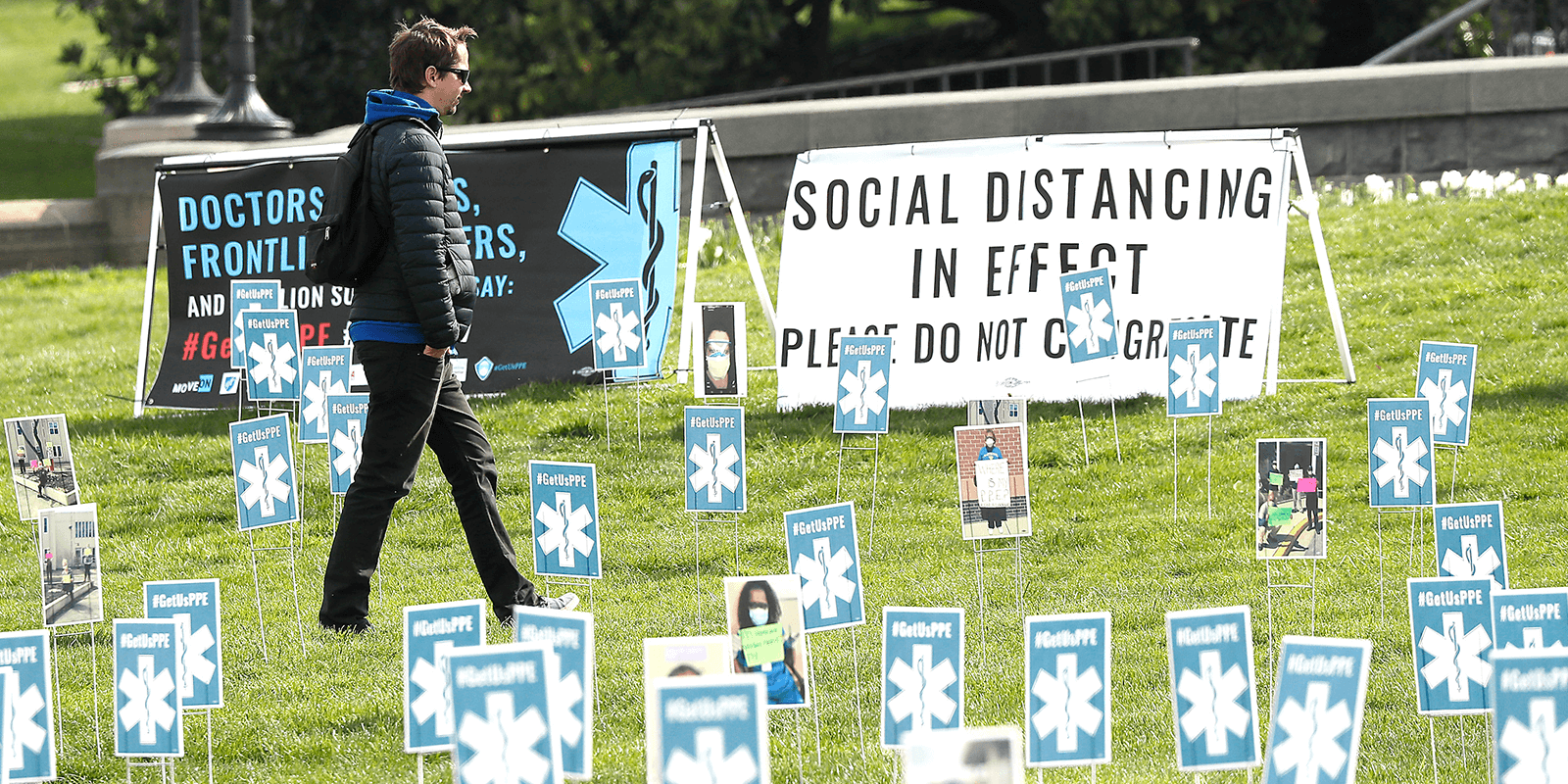(Editor’s note: The following is an excerpt of an investigative article by Kaiser Health News. To read the full story, go here).
COVID-19 cases were climbing at Michigan’s McLaren Flint hospital. So Roger Liddell, 64, who procured supplies for the hospital, asked for an N95 respirator for his own protection, since his work brought him into the same room as COVID-positive patients.
But the hospital denied his request, said Kelly Indish, president of AFSCME Local 875.
On March 30, Liddell posted on Facebook that he had worked the previous week in both the critical care unit and the ICU and had contracted the virus. “Pray for me God is still in control,” he wrote. He died April 10.
The hospital’s problems with personal protective equipment (PPE) were well documented. In mid-March, the state office of the Occupational Safety and Health Administration (OSHA) received five complaints, which described employees receiving “zero PPE.” The cases were closed April 21, after the hospital presented paperwork saying problems had been resolved. There was no onsite inspection, and the hospital’s written response was deemed sufficient to close the complaints, a local OSHA spokesperson confirmed.
The grief and fear gripping workers and their families reflect a far larger pattern. Since March, more than 4,100 COVID-related complaints regarding health care facilities have poured into the nation’s network of federal and state OSHA offices, which are tasked with protecting workers from harm on the job.
A KHN investigation found that at least 35 health care workers died after OSHA received safety complaints about their workplaces. Yet by June 21, the agency had quietly closed almost all of those complaints, and none of them led to a citation or a fine.
The complaint logs, which have been made public, show thousands of desperate pleas from workers seeking better protective gear for their hospitals, medical offices and nursing homes.
The quick closure of complaints underscores the Trump administration’s hands-off approach to oversight, said former OSHA official Deborah Berkowitz. Instead of cracking down, the agency simply sent letters reminding employers to follow Centers for Disease Control and Prevention guidelines, said Berkowitz, now a director at the National Employment Law Project.
“This is a travesty,” she said.
